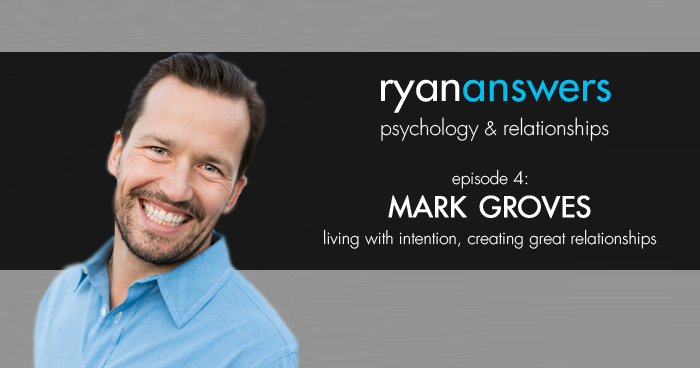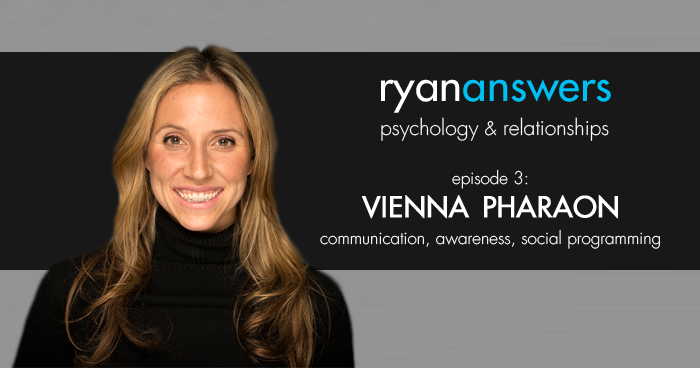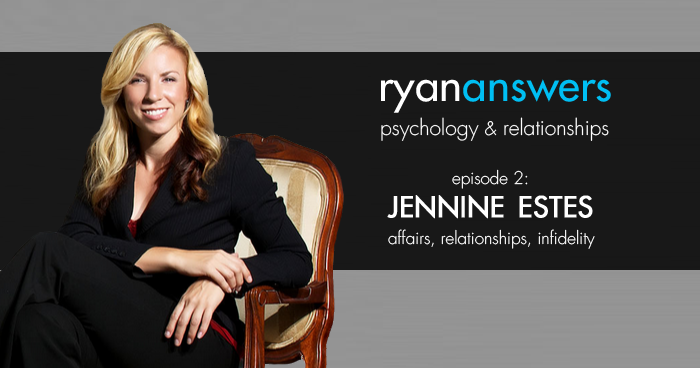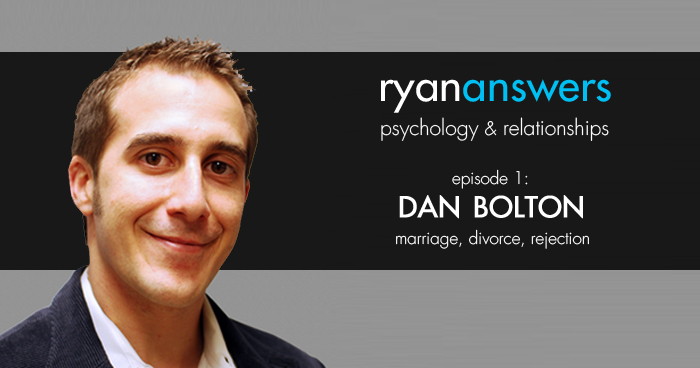
A while ago I wrote an article on the causes of cheating.
The main thing I wanted to get across was that, overwhelmingly, insecurity is the root cause of cheating.
Understandably, a couple of commenters disagreed with me. The source of our disagreement is something pretty simple.
In psychology, there are two causes of behaviour. There’s immediate causes (proximate) and “deeper causes” (ultimate).
The Two Causes of Behaviour
Say a ship sinks. You could say it went down because too much water got into the hull, and you’d be right. This is an immediate, or proximate cause.
You could also say it went down because the captain wasn’t paying attention, or the spotter was busy watching people make out, or whatever. You’d still be right. This would be the ultimate cause.
Insecurity is often an ultimate cause of cheating, but almost always a proximate cause.
I should’ve done a better job at explaining the whole proximate / ultimate thing in my last article. My bad.
A secure person with a good support system of friends and family, separate interests and activities, and a stable sense of self is more likely to leave a relationship than cheat.
If you have no where to go, no one to talk to, nothing you can do to clear your head and socialize with other people, and so on, leaving a relationship becomes waaaay more difficult.
This is what I was talking about when I said cheating is about unmet personal needs, not unmet relationship needs.
It’s pretty common for people to fulfil their personal needs with their relationship. The needs you’re responsible for fulfilling outside the relationship and the needs your relationship should fulfil become all mixed up.
It’s Like Jenga
Like most people, I’m a visual learner. This will make a lot more sense with a picture, so here’s a visual version of what your needs look like:
If you look at the yellow bar, you’ll see friendship, family, intimacy. That’s where relationship needs fit in.
Imagine each coloured bar is divided into separate blocks, like Jenga. Leaving a relationship that provides you with intimacy would be like pulling out one of the blocks. There’d be a hole, but the tower would remain standing.
If you have your personal needs fulfilled, this is exactly what would happen.
When you don’t have your personal needs fulfilled, the little “intimacy” block in the middle isn’t so little anymore. Suddenly your relationship now represents the entire yellow bar, maybe chunks of the orange bar, and some of the green bar too.
If you pull all that out, well… the whole thing crumbles. Even if a relationship isn’t “meeting your needs”, it’s still fulfilling a bunch of your personal needs. You can’t end the relationship without tearing yourself apart.
When I say insecurity and unmet personal needs are the cause of cheating, that’s what I’m talking about.
There might be deeper, ultimate causes, but eventually you’ll run into the proximate cause of not leaving the relationship to resolve things in a healthy way.
Hope that provides some more clarity. If you still disagree with me, though (d’oh…) I’m interested in hearing what you have to say.



 No, I haven’t died. Although you’d be forgiven for thinking so after looking at the date on
No, I haven’t died. Although you’d be forgiven for thinking so after looking at the date on 





